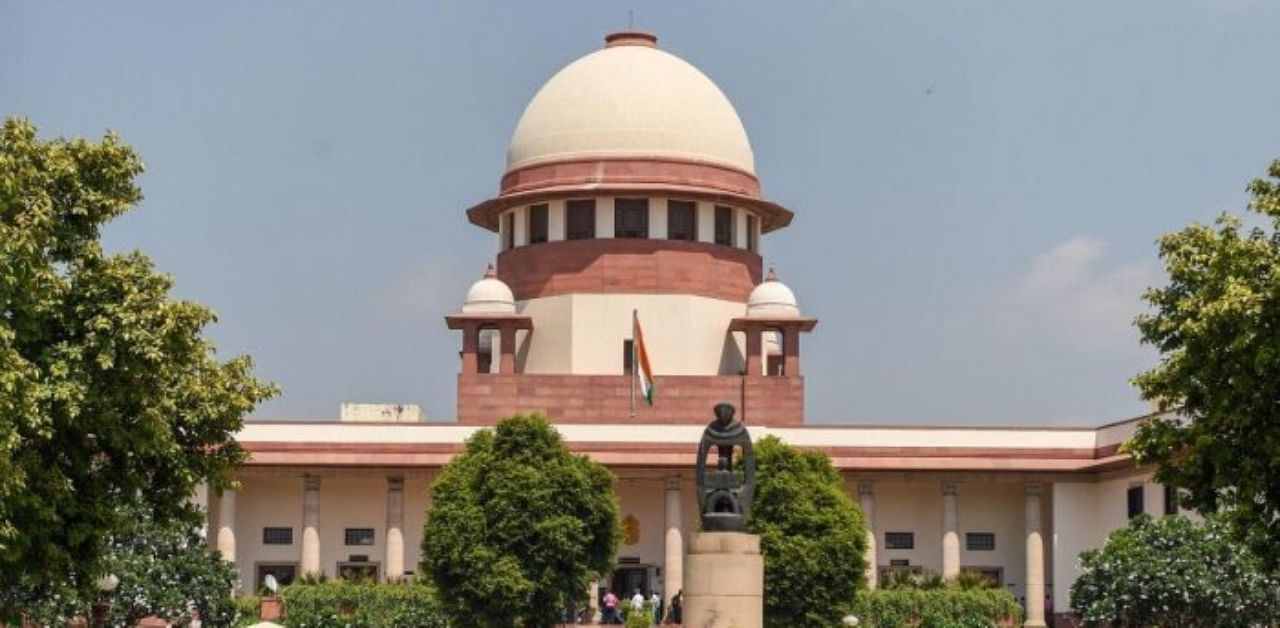
The Supreme Court has directed the 12-member National Task Force to form a sub-group for each state and Union Territory to conduct an oxygen audit to ensure "accountability" in respect of supplies made to them.
However, for Delhi, the top court itself set up a committee comprising Dr Randeep Guleria (Director, AIIMS, Delhi), Dr Sandeep Budhiraja (Director, Max Healthcare) and one joint secretary-level officer each from the Centre and Delhi government, for carrying out the audit exercise.
In a view of recent developments with the Centre opposing enhancement of supplies to Delhi and Karnataka, a bench of Justices D Y Chandrachud and M R Shah clarified that the purpose of the audit is not to scrutinise the decisions made in good faith by doctors while treating the Covid-19 patients.
"We emphasise that the purpose of conducting audits is to ensure accountability in respect of the supplies of oxygen provided to every State/UT," the bench said.
It is to be noted Delhi, for which the top court ordered 700 MT oxygen per day, has strongly opposed a suggestion by the Centre for any audit.
Realising its order in a contempt matter against the Union government officers, the court said the audit would ensure that the allocated supplies reached their destination through the distribution network to the hospitals or, the end-users efficiently and on a transparent basis, while identifying bottlenecks or issues in utilisation of oxygen.
The court, meanwhile, directed the Union government to continue with the present practice of making allocations of oxygen to states, until the Task Force submitted its recommendations with regard to proposed modalities.
For the purpose of facilitating the audits, the Task Force would constitute sub-groups or committees for each state/UT comprising: an officer of the State/UT Government not below the rank of Secretary; a Union Government officer not below the rank of Additional or Joint Secretary; two medical doctors in the State/UT concerned including at least one with administrative experience of managing the medical facilities of a hospital; and a representative from the Petroleum and Explosives Safety Organisation (PESO), the top court said.
